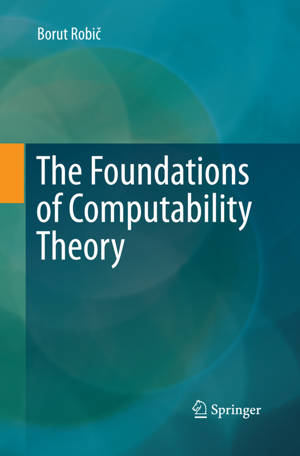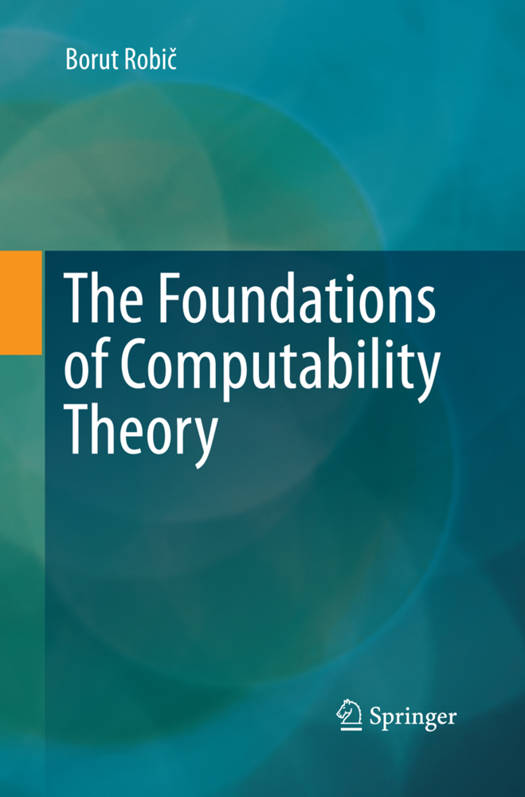
- Retrait gratuit dans votre magasin Club
- 7.000.000 titres dans notre catalogue
- Payer en toute sécurité
- Toujours un magasin près de chez vous
- Retrait gratuit dans votre magasin Club
- 7.000.0000 titres dans notre catalogue
- Payer en toute sécurité
- Toujours un magasin près de chez vous
Description
This book offers an original and informative view of the development of fundamental concepts of computability theory. The treatment is put into historical context, emphasizing the motivation for ideas as well as their logical and formal development. In Part I the author introduces computability theory, with chapters on the foundational crisis of mathematics in the early twentieth century, and formalism; in Part II he explains classical computability theory, with chapters on the quest for formalization, the Turing Machine, and early successes such as defining incomputable problems, c.e. (computably enumerable) sets, and developing methods for proving incomputability; in Part III he explains relative computability, with chapters on computation with external help, degrees of unsolvability, the Turing hierarchy of unsolvability, the class of degrees of unsolvability, c.e. degrees and the priority method, and the arithmetical hierarchy.
This is a gentle introduction from the origins of computability theory up to current research, and it will be of value as a textbook and guide for advanced undergraduate and graduate students and researchers in the domains of computability theory and theoretical computer science.
Spécifications
Parties prenantes
- Auteur(s) :
- Editeur:
Contenu
- Nombre de pages :
- 331
- Langue:
- Anglais
Caractéristiques
- EAN:
- 9783662516010
- Date de parution :
- 22-10-16
- Format:
- Livre broché
- Format numérique:
- Trade paperback (VS)
- Dimensions :
- 156 mm x 234 mm
- Poids :
- 494 g

Les avis
Nous publions uniquement les avis qui respectent les conditions requises. Consultez nos conditions pour les avis.






